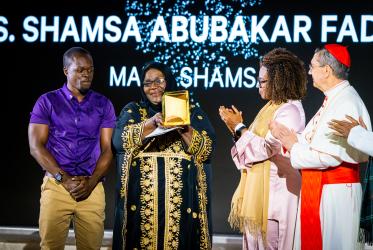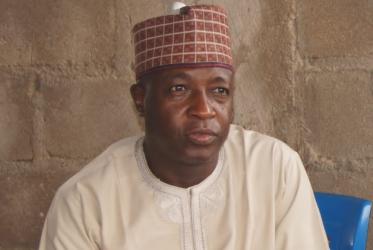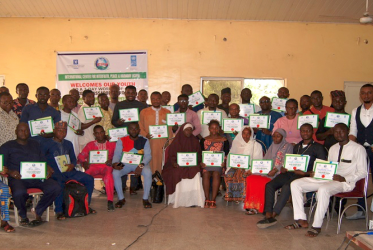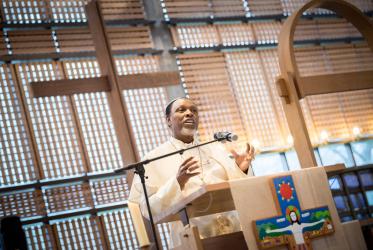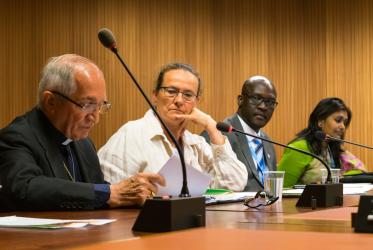Displaying 1 - 20 of 30
Kenyan woman peace-builder wins human fraternity award
14 February 2023
Walking together against hatred and violence
26 February 2018
Faith communities explore concrete climate action at COP22
10 November 2016
Honest talk blossoms between youth, theologians in Cote d’Ivoire
14 September 2016
WCC condemns terror attack in Kenya
03 April 2015
Faith organizations assess COP 20 on the way to Paris
28 January 2015


